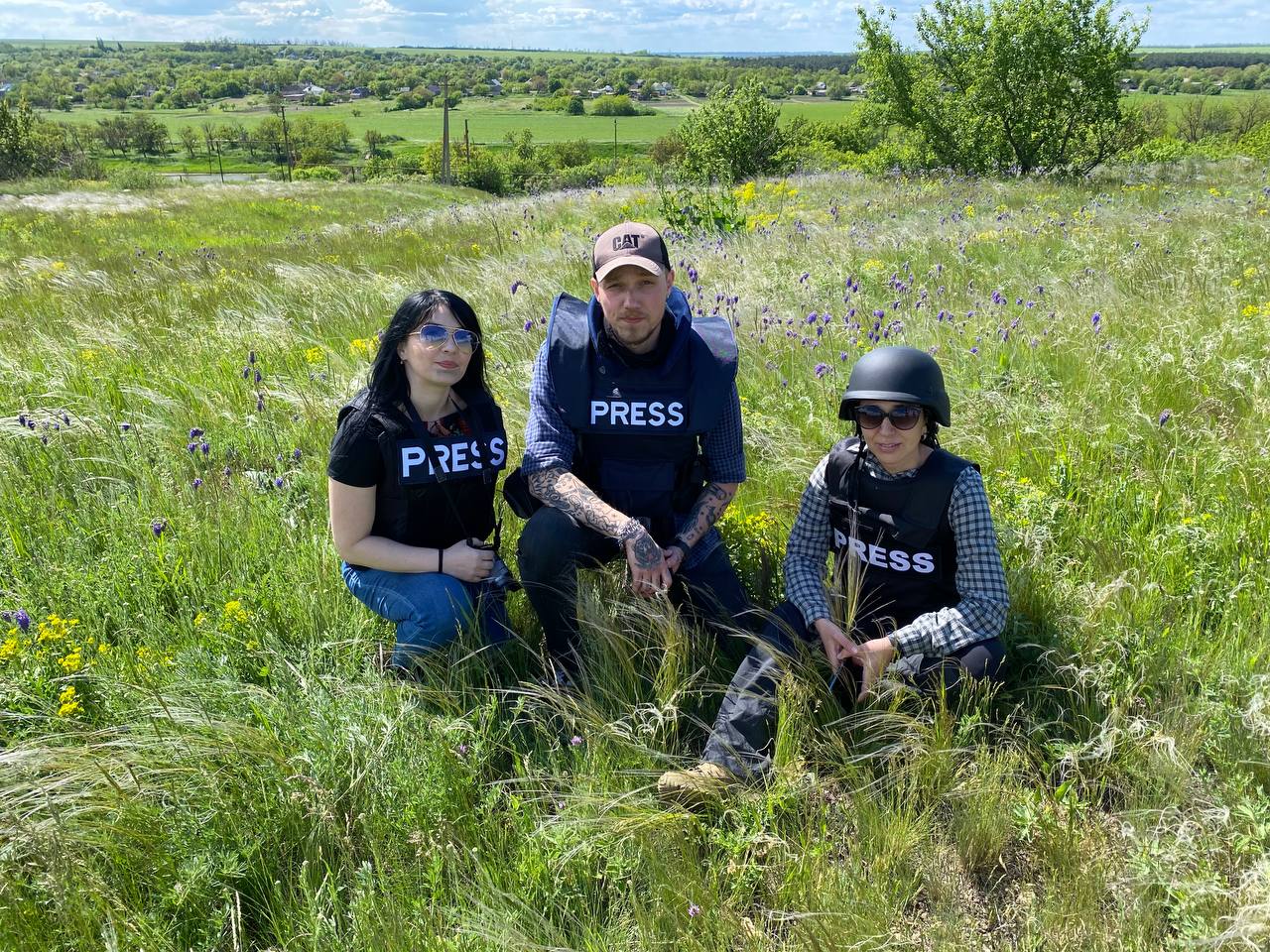
Pershyi Kryvorizkyi is continuing to grow its audience despite a complete collapse in advertising revenue
“We decided right away to stay and keep working in the city,” says Sofiia Skyba, editor-in-chief at Pershyi Kryvorizkyi Information Agency, an independent media platform in Kryvyi Rih, a large city in south-eastern Ukraine and birthplace of President Zelensky. “Even when our business model crashed, the team said they were ready to continue working as volunteers. Initially, we worked on enthusiasm and our faith in victory.”
“We realised that if people in Kryvyi Rih are to survive in their city, we have to do our job as professionally as we can for their sake,” she adds. “Our mission is to be useful to our readers so we can help them navigate life in the city, the war, and much more.”
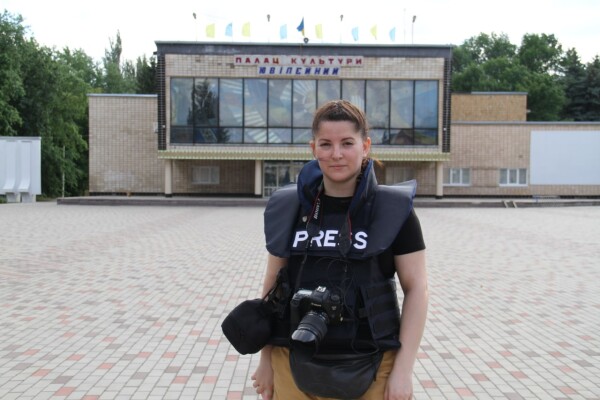
With more than 600,000 residents, Kryvyi Rih is an important industrial city in the populous Dnipro region. Despite its size and economic capacity, the city has few independent media – most of its news platforms are affiliated with large businesses or political parties.
“We were named as the only completely independent media in Kryvyi Rih by national media watchdogs, the Institution of Mass Information and Detector Media,” Sofiia says, “While I am very proud of this recognition, I am also sad that one of the biggest regions in Ukraine has so few truly free platforms.”
Throughout its 13 years of its existence, Pershyi Kryvoriz’kyi has reported on the city’s politics, culture, and history, and has run investigations on public spending and governance. This has sometimes complicated the platform’s ability to work with city authorities who prefer not to comment when contacted by independent journalists.
“While we’re proud to be independent, we recognise that this creates additional challenges because local officials don’t want to work with us,” Sofiia says. “They avoid talking to us and do not want to provide us with accreditations to attend different city-related events and hearings. They would rather pretend we don’t exist because they know that we report according to journalistic standards and without any political preferences.”
The team relies on the public information law and uses open data platforms that monitor public procurement to inform its audience, including on how their taxes are spent by local government.
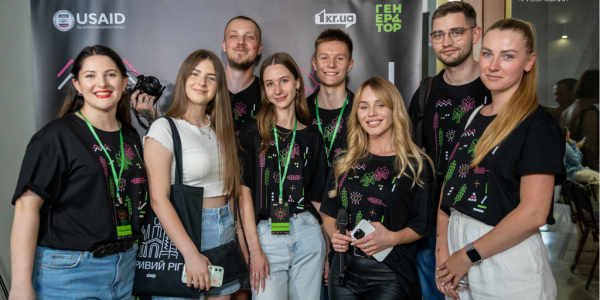
When Russia launched its full-scale invasion against Ukraine, the Pershyi Kryvoriz’kyi’s journalists kept working despite the collapse in their advertising revenues and the instability of their region – Kryvyi Rih is less than two hours’ drive from the territories Russia illegally occupied in 2022.
They also grew their readership and expanded geographically. Today, the platform reaches an audience across the entirety of Ukraine, and is read by refugees who are now living abroad but want to remain in contact with the city.
“Most of our community remained with us,” Sofiia says, “They joined us as volunteers, ran social media for us, and helped in other ways. They changed us too by showing their support for our work, and with our stories, we want to serve them better.”
In addition to its ongoing investigative work, the agency also focuses on war reporting, with stories on internally displaced people, local changemakers and volunteers, soldiers defending Ukraine, and fallen servicemen. The team aims to expand its coverage of the environmental, cultural, and social topics – as well as to produce more content on the history of the city and the region overall.
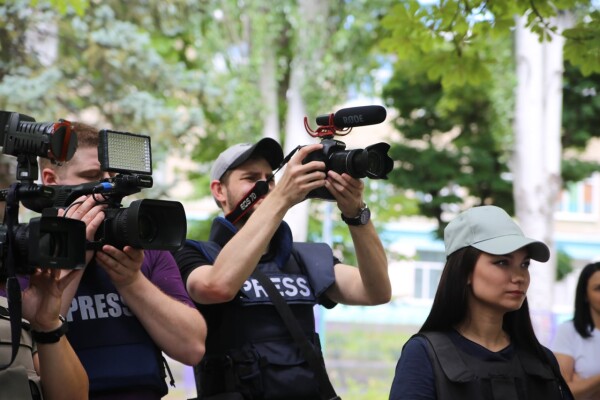
Prior to the full-scale invasion, Pershyi Kryvoriz’kyi had a sustainable business model that relied on advertising from local businesses. However, the newsroom lost all its contracts when the big war started.
“We had no revenue streams, so our very existence was in question,” Sofiia recalls. “Our founder also joined the Defence Forces, which was additional challenge for us.”
Despite everything, the team persisted – expanding its coverage to different regions of Ukraine. It also started producing more human-driven stories about the war and other relevant topics such as environmental problems and social transformations.
“In the last year and a half, we have tripled our readership,” Sofiia says. “We now have around 400,000 readers per month, and our data shows that people spend a lot of time on our website and find us important for them. Fellow journalists in nearby cities also use our materials as a reference.”
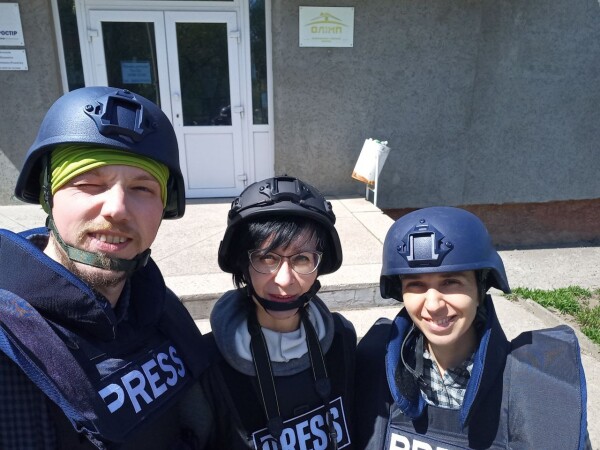
According to Sofiia, none of this would be possible without EED, which helped the media in a critical moment.
“The support we received from EED gave us an opportunity first to survive and then to develop,” she says, “Without it, we would not have been able to maintain our team. The EED grant meant we were able to grow and hire more people, do more in-depth reporting, and cover important war-related topics. This cooperation was also important for us in terms of gaining new experience and institutional support. We developed new types of work and we expanded our reach.”
The team are now looking to the future, adjusting their reporting to their audience’s needs and they are adjusting their business model to the new conditions in Ukraine. “We also want to produce historical and educational media projects, and we want to find more institutional support,” says Sofiia.
This initiative was supported thanks to the contribution of the European Commission to EED.
This article reflects the views of the grantees featured and does not necessarily represent the official opinion of the EED.